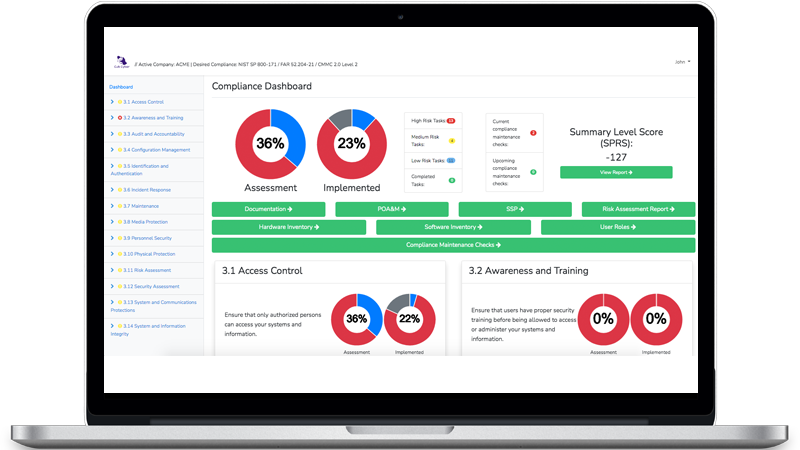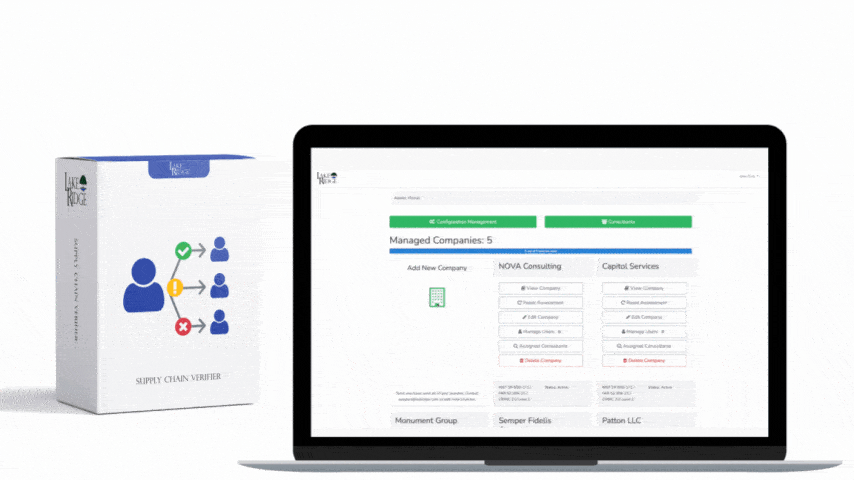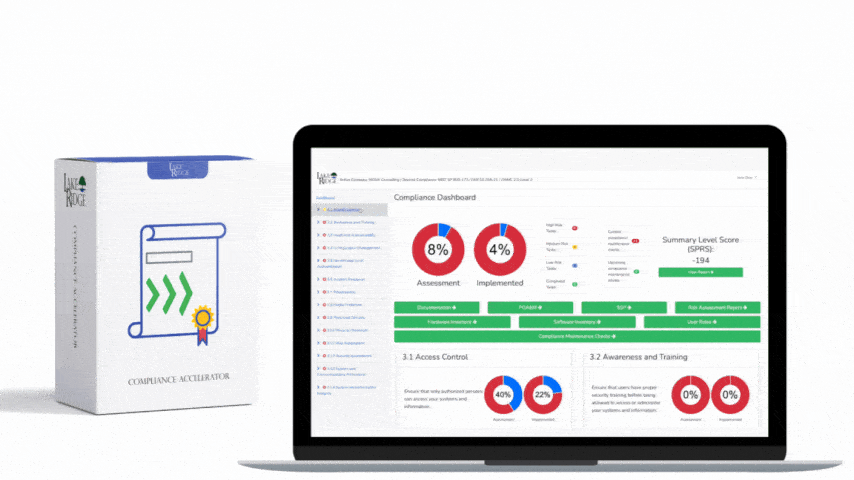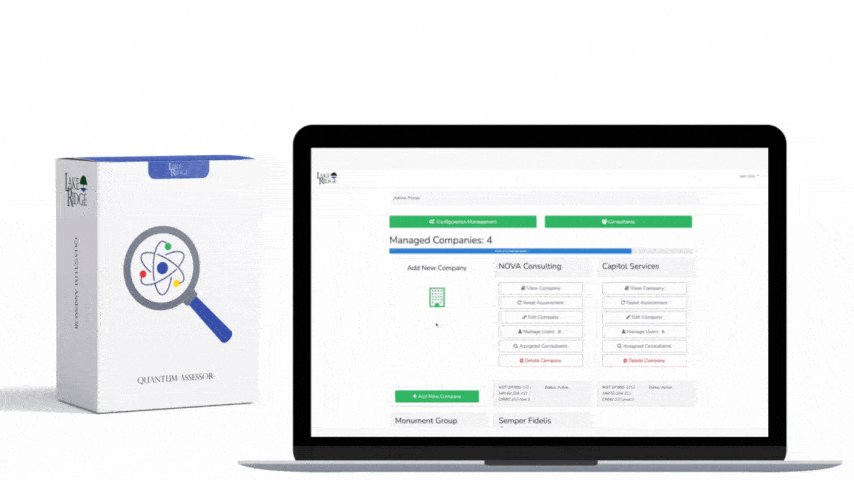Chinese AI startup DeepSeek, experiencing rapid growth in popularity, unintentionally left one of its databases unprotected on the internet, potentially exposing sensitive data to malicious actors.
DeepSeek AI using a ClickHouse database provided complete control over database operations, including access to internal data.
The data breach involved over a million lines of log streams, which included chat records, confidential keys, backend specifics, and other extremely sensitive data like API Secrets and operational metadata. DeepSeek has now fixed the security vulnerability after being alerted about the vulnerability.
The database, located at oauth2callback.deepseek.com:9000 and dev.deepseek.com:9000, is reported to have provided unauthorized access to a variety of information. This exposure allowed for total control of the database and the possibility of escalating privileges within the DeepSeek system without the need for authentication.
Using ClickHouse's HTTP interface it was possible to run any SQL query through a web browser. It is uncertain if other malicious individuals also took advantage of this to gain access to or steal the data.
The accelerated implementation of AI technologies without adequate security measures poses inherent risks. Although there is a lot of emphasis on potential future threats to AI security, the true dangers frequently arise from fundamental vulnerabilities, such as unintentional exposure of databases.
Ensuring the security of customer data should be the primary focus for security teams, underscoring the essential collaboration between security teams and AI engineers to protect data and prevent any breaches.
DeepSeek is making waves in AI communities with its innovative open-source models that are being compared to top AI systems such as OpenAI for their efficiency and affordability. The reasoning model R1 has been described as a pivotal moment in the world of AI.
The newcomer's AI chatbot quickly climbed to the top of the app store rankings on both Android and iOS in multiple markets. However, it became the victim of significant cyberattacks, leading to a temporary halt in new registrations.
In a January 29, 2025 update, the company announced that it has identified the problem and is actively working on implementing a solution.
Simultaneously, the company has faced criticism for its privacy policies and its connections to China have raised national security concerns in the United States.
Additionally, DeepSeek's applications were no longer accessible in Italy following inquiries from the country's data protection regulator, the Garante, regarding its data handling procedures and the sources of its training data. It remains unclear whether the removal of the apps was prompted by the regulator's queries. The Irish Data Protection Commission (DPC) has also made a comparable request.
OpenAI and Microsoft are investigating allegations that DeepSeek may have utilized OpenAI's application programming interface (API) without authorization to develop its own models based on the data generated by OpenAI's systems, a technique known as distillation.
An OpenAI spokesperson informed said that groups in [China] are diligently employing techniques, such as distillation, in an effort to recreate sophisticated AI models from the United States.




